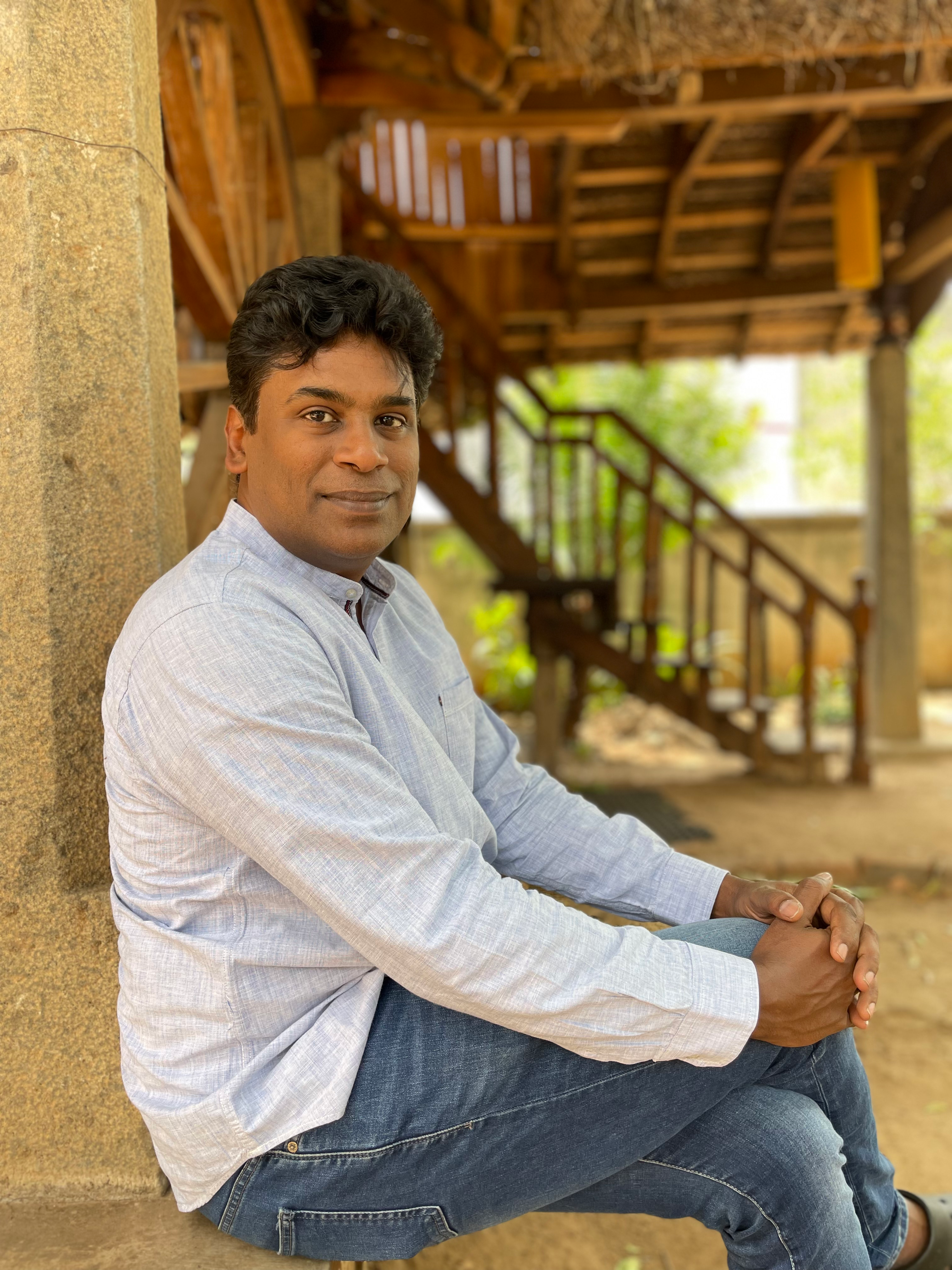- Citizen KK

- 4 min read
A Tale of Two Days
Yesterday, Tom was so close. His car’s battery was flashing a desperate warning, but he spotted the perfect parking space—right by the charging station. Phew, he thought, made it just in time. Fifty meters to go, one final turn, and he’d be set. The scent of rain hung in the air, and he could almost hear the hum of the charger kicking in. But as he rounded the corner, tires crunching, another car—a sleek SUV—swooped into his spot. Bold and unapologetic, it stole his moment.
“Damn it!” Tom muttered, hands tight on the wheel. “He beat me, that idiot!” The word slipped out, sharp with frustration. He pictured the other man—smug, careless, probably laughing as he walked away. It felt personal, like a small theft in the chaos of his day. The spot wasn’t just a spot; it was a moment of control he’d been chasing.

A Turn of Fortune
Today, the universe flipped the script for Tom. He pulled into the lot and spotted the perfect parking space—right by the charging station, open and waiting like a gift. He slid his car in, plugged the charger, and stepped out with a grin, savoring the small victory. As he walked away, he caught a glimpse of another car circling, its driver scanning for a space, just missing the one he’d claimed. A chuckle escaped him. “Ha! I beat him, sucker!”
The Hidden Reflection
But here’s the twist: the person who lost the spot yesterday and the one who won it today are both Tom. The “idiot” he cursed yesterday and the “sucker” he gloated over today are also him. In the heat of the moment, he didn’t see it. His mind carved the world into a battle of us versus them, winner versus loser, without pausing to notice the mirror staring back.
Where We Stumble
This is where we often stumble. Life moves fast, and we get caught in our own heads—our wants, our frustrations, our little battles. We see someone take our spot, cut us off, or disrupt our plans, and we assume we know their intent. They seem selfish, rude, against us. In psychology, this is called projection: we pin our own feelings, fears, or flaws onto someone else. Tom didn’t just see another man stealing his spot; he saw someone who didn’t care about him. And when he snagged the spot today, he didn’t just feel lucky—he felt like he’d triumphed, as if the other man’s loss was his gain.
A Philosophical Insight
Jiddu Krishnamurti, the philosopher, put it simply: “We are the world, and the world is us.” It suggests the lines we draw between ourselves and others aren’t as solid as we think. That other man who took Tom’s spot yesterday? He wasn’t some villain in his story. He was just another person, perhaps late for work or stressed about his own low battery, chasing his own version of that parking space. But in the moment, Tom couldn’t see it. He was too busy feeling cheated.
The Root of Conflict
This disconnect is the root of so much human conflict—big and small. We don’t see others as they are; we view them through our own lens. When our desires—what we want right now—dominate, we forget the principles that ground us. The most important? Recognizing others as ourselves. Tom wanted that spot, not just for the charger but for the ease it promised in a hectic day. Yesterday, he felt robbed. Today, he felt like the king of the lot. Both times, he missed the bigger picture: the other man was just another version of him, navigating the same messy, human struggle.
A Shift in Perspective
What if Tom had paused yesterday, taken a deep breath, and thought, Maybe he’s just having a rough day, too? What if today, instead of chuckling, he’d glanced at that circling car and remembered how it felt to lose the spot? It’s not about giving up what he needs or being a pushover. It’s about seeing the man in the other car as someone like him—flawed, trying, human.
The Power of Projection
Projection is subtle and pervasive. It’s not just about parking lots; it’s the coworker who “always” slacks off, the stranger who “rudely” bumps into us, the friend who “obviously” meant to slight us. We assume we know their intent, but we’re often just seeing our own frustrations reflected back. The driver who cut us off might be rushing to pick up a sick child. The coworker might be drowning in stress we can’t see. We don’t know their story, but we can assume it’s as complex as ours.
A Path to Awareness
Unlearning this habit begins with awareness. We can catch ourselves when we’re quick to judge—when we’re ready to label someone an idiot or a sucker. We can ask, What are we feeling right now? Are we seeing him, or are we seeing ourselves? It’s not about perfection; it’s about staying awake. Krishnamurti’s idea isn’t abstract philosophy—it’s a call to look closer. The world isn’t just out there; it’s within us. Every person we encounter, every small clash, is a chance to see ourselves more clearly.
A Call to Pause
So, next time we’re circling for a spot—or waiting for a promotion, or arguing with a friend—let’s pause. Let’s smile at the chaos of it all. That person in our way? He’s not our enemy. He’s us, in a different moment, trying to find his own place to land.

